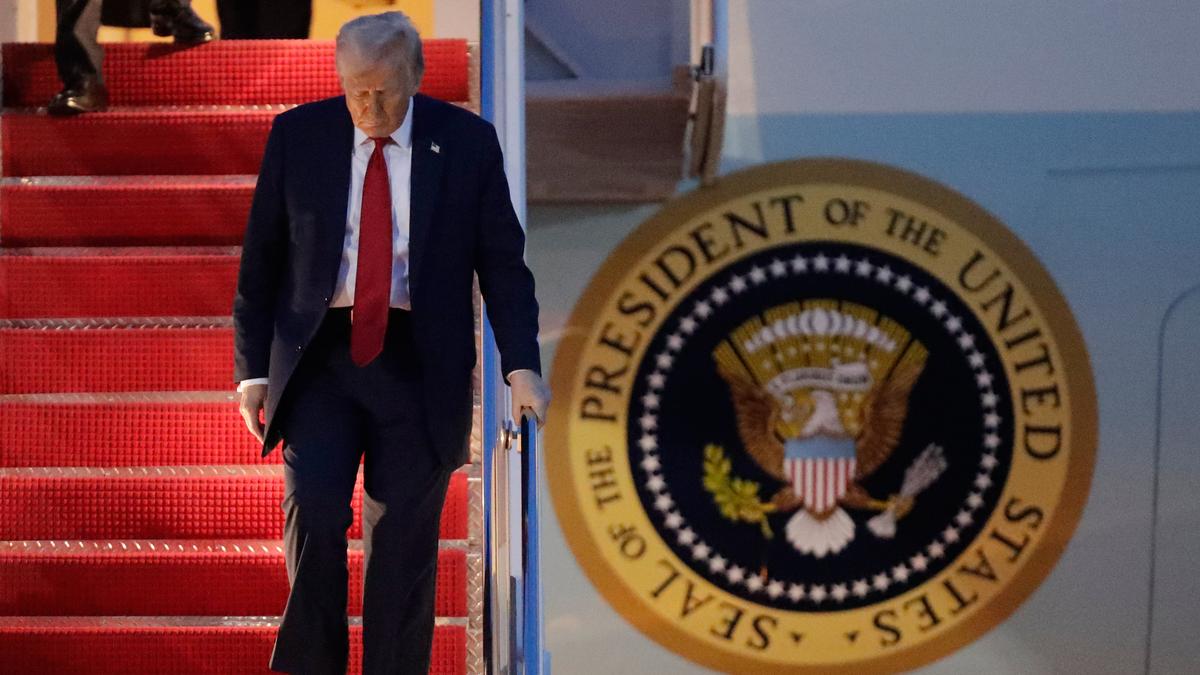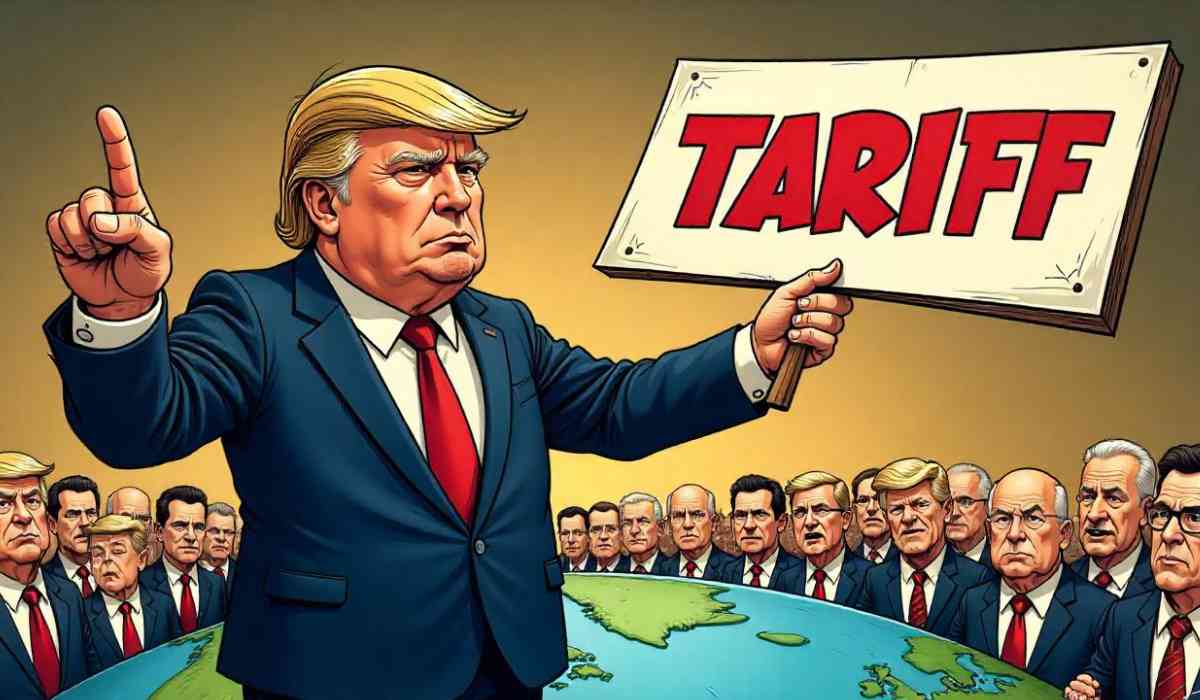Donald Trump has designated April 2, 2025, as "Liberation Day," a day when he plans to implement significant tariffs on imports to the United States. This move aims to reshape trade dynamics and assert American economic independence. While the specifics of these tariffs remain unclear, they are expected to have far-reaching implications for both the U.S. economy and its trading partners.

What are Trump's 'Liberation Day' Tariffs?
The tariffs proposed by Trump are part of a broader strategy to impose "reciprocal tariffs," which means that the U.S. will charge duties on imports equivalent to those imposed by other countries on American goods. This approach is intended to level the playing field for U.S. manufacturers and protect domestic jobs. The administration has hinted at a potential blanket tariff rate of around 20% on many imported goods, though some sectors may see even higher rates, particularly in industries like automobiles and pharmaceuticals.
Trump has long criticized foreign nations for what he perceives as unfair trade practices that disadvantage American businesses. By implementing these tariffs, he aims to bring manufacturing jobs back to the U.S., reduce reliance on foreign products, and stimulate domestic economic growth. The president has also suggested that revenue generated from these tariffs could be used for tax refunds or dividends for American citizens.

Potential Impacts of the Tariffs
The introduction of these tariffs could lead to several economic consequences:
-
Increased Prices: As companies face higher import costs due to tariffs, they may pass these costs onto consumers through increased prices. This could lead to inflation, making everyday goods more expensive for American families.
-
Market Volatility: Financial markets have reacted cautiously to Trump's tariff announcements, with investors concerned about potential retaliatory measures from other countries. A trade war could ensue if nations respond with their own tariffs, further destabilizing global markets and potentially leading to a recession.
-
Job Creation vs. Job Loss: While Trump argues that tariffs will create jobs in manufacturing sectors, there is a risk that increased costs could lead companies to cut jobs or relocate operations abroad to maintain profit margins. This paradox highlights the complexity of trade policy and its impact on employment.
Global Trade Relations
The "Liberation Day" tariffs are likely to strain relationships with key trading partners such as the European Union, South Korea, Brazil, and India. Many of these countries have already expressed concerns about potential retaliatory actions against U.S. exports if they face increased tariffs on their goods.
For instance, India has been singled out by Trump for having high tariff rates on American agricultural products, which could lead to significant repercussions for bilateral trade relations if new tariffs are imposed.

A Step Towards Negotiation?
Despite the combative nature of these tariffs, some analysts suggest that they may serve as a starting point for negotiations rather than a final decision. Mike Wilson, chief equity strategist at Morgan Stanley, believes that the announcement could be more about leveraging negotiations with other countries than about permanently setting high tariff rates.
This perspective suggests that while "Liberation Day" marks a significant escalation in Trump's trade policies, it may also open doors for dialogue aimed at achieving more favorable trade agreements.
Conclusion
Trump's "Liberation Day" tariffs represent a bold step in his administration's ongoing efforts to reshape U.S. trade policy. While intended to protect American jobs and industries, the potential consequences of these tariffs raise important questions about their effectiveness and impact on both domestic and global economies.
As the situation unfolds, it will be crucial for businesses and consumers alike to stay informed about how these changes might affect prices, job availability, and international relations in an increasingly interconnected world. The coming days will reveal whether this approach leads to the economic revival Trump envisions or if it triggers a broader trade conflict with lasting repercussions.
With inputs from agencies
Image Source: Multiple agencies
© Copyright 2025. All Rights Reserved Powered by Vygr Media.

























